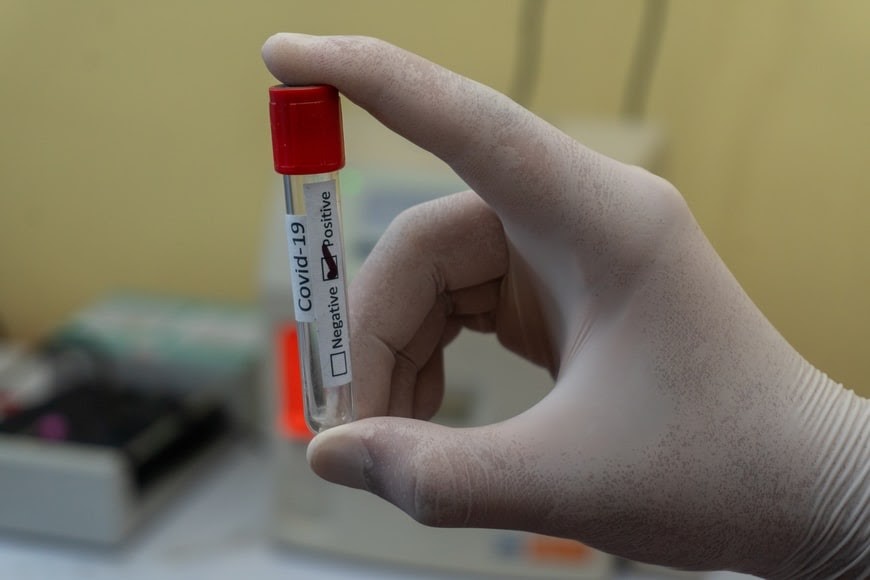If you are coming from a nation on Scotland’s red list, you must take a PCR Test in Glasgow within three days of arriving. This is still the case whether or not you have received all of your vaccinations.
If you are traveling from a non-red list country, are above 18, or have not been completely vaccinated, you must undergo a test. When you board your flight to Scotland, you must confirm that you have taken a test and that the outcome of your PCR test Glasgow is negative. When you arrive in Scotland, you may be requested to provide documentation as proof of a negative test.
The Sort Of Test You’ll Need To Purchase
- An antigen test, such as a lateral flow device test, may not fulfil the required criteria, albeit many lateral flow devices.
- A PCR test in Glasgow which can be rapidly processed and analysed in a lab
What Your Test Results Should Include
You should bring with you the original test result certificate. A paper test result and an actual result through email or SMS text message are two examples of this.
Specifically, the following information has to be provided in the test outcome:
- your name, which must correspond to the name on your travel papers
- your birth date or age
- the test’s outcome
- the date on which the test sample was collected or received by the firm or business that performed the test
- the name of the organization or firm that performed the test, as well as their contact information
Positive COVID-19 Test
You must not travel if your test results are positive. For positive COVID-19 situations, you must follow local norms and guidelines.
If the outcome of your PCR test in Glasgow is unclear, you must retake it. In some rare cases a void result may be returned. This normally indicates that the result of the test has been voided and cannot be confirmed as positive or negative.

Previous Positive COVID-19 Test Result
Suppose you recently tested positive for coronavirus, and it has been more than ten days after your positive test. In that case, you may be afraid that you may test positive again before departure, preventing you from traveling. Evidence of past illness does not waive the necessity to give a negative pre-departure test to travel to Scotland or provide a negative post-departure test once there. This is done to reduce the possibility of re-infection with a different coronavirus variant.
If you have had COVID-19 in the past 90 days, we suggest that you use a lateral flow device (LFD) for pre-departure testing since LFDs are far less likely to yield persistent positives for someone who has tested positive in the last 90 days. As previously stated, LFDs must achieve minimum specificity and sensitivity levels of 97 percent and 80 percent, respectively.
Taking An Exam In A Nation Where You Are Traveling
When you board a flight from or into Scotland, you will be required to produce your PCR test results.
If you do not have a PCR test in Glasgow because you could not get one in a nation through which you travelled and are thus unable to enter the country, you will be permitted to board your flight to Scotland.

Travel Inside The United Kingdom And The Common Travel Area
If you have only visited these countries in the ten days before your trip to Scotland, you do not need to take a COVID-19 exam.
- Ireland
- Northern Ireland (Ireland)
- England
- Wales
- The Isle of Man
- Jersey
- Guernsey
- Ascension
- The Falkland Islands
- Saint Helena
Testing After Arrival In Scotland
You must adhere to the guidelines you will have to follow once you arrive in Scotland. The rules may differ based on whether you have been adequately vaccinated and where you are traveling from. If in doubt , look into booking A PCR or antigen test in Glasgow to ensure that you meet the local health and travel requirements.
Booking A Test
Asymptomatic
The Scottish Government recommends testing using lateral flow devices twice a week.
Many Coronavirus (Covid-19) carriers have no symptoms and may be transmitting the virus unknowingly. Asymptomatic testing allows health authorities to identify and isolate more patients, giving a higher chance of preventing the virus from spreading.

With Symptoms
If you develop a fever, a new chronic cough, or a loss of taste or smell, it is imperative that you isolate and take time to get a test delivered to wherever you are staying if at all possible. Limiting your movements can help to ensure that you don’t become a spreader and transmit the virus to other people that you would normally come into contact with.




 Bitcoin
Bitcoin  Ethereum
Ethereum  XRP
XRP  Tether
Tether  Solana
Solana  USDC
USDC  TRON
TRON  Lido Staked Ether
Lido Staked Ether  Cardano
Cardano  Avalanche
Avalanche  Toncoin
Toncoin